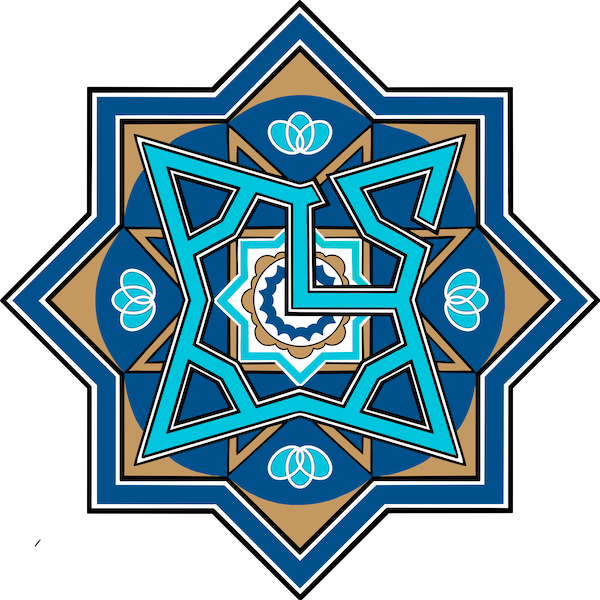Dear Colleagues,
I write to invite your submission to the American Sociological Association’s 112th Annual Meeting in Montreal, Quebec on August 12-15, 2017.
I will serve as chair for the Regular Session on “Arabs and Arab Americans.” This session appears on the program at the ASA Annual Meeting only every other year. Please take advantage of this opportunity by submitting your work to this session, and please encourage others to do so as well.
Submissions for the 2017 program must be made via the online system which opened on November 1, 2016. The deadline is Wednesday, January 11, 2017 at 3:00pm Eastern Time. Please find details on submission requirements and the online submission system at http://www.asanet.org/annual-meeting-2017/2017-call-papers-policies/.
This is an unusually important year for the Arabs and Arab Americans session. The theme for the conference, “Culture, Inequalities, and Social Inclusion across the Globe,” fits all too well with renewed concerns for Arab and Arab American communities. The recent successes for anti-immigrant and Islamophobic policies in the United States, Canada, and various European countries have occurred amidst the continuing fallout of wars in Libya, Syria, Yemen, and elsewhere in the Arab world. Despite these pressing political concerns, this session must also explore all of the dynamic issues of importance to these communities including culture, economics, health, and more.
The session will aim to reflect the theme of the conference as a whole, but papers may address any issue relevant to the study of Arabs and Arab Americans.
Please do not hesitate to contact me if you have questions about your submission at erik.love@emory.edu. The ASA requires a 15-35 page draft paper by January 11, but please keep in mind that draft / working papers need not be final on that date.
General information about the 2017 ASA Annual Meeting can be found at http://www.asanet.org/annual-meeting/2017-annual-meeting/. The theme is reprinted below.
Theme: “Culture, Inequalities, and Social Inclusion across the Globe”
Rising inequality has brought the unequal distribution of material resources to the center of political debates in the United States and Europe. Social scientists routinely mobilize their deep knowledge of the structures of economic inequality to inform decision-making and conversations in the public sphere. Yet our understanding of the cultural dimensions of inequality lags far behind, despite the omnipresence and the urgency of cultural polarizations as manifested in anti-immigration rhetoric, international refugee crises, domestic racial confrontation, and increased class segregation. The 112thAnnual Meeting of the American Sociological Association will make its central goal the improvement of our understanding of the nexus of culture, inequalities, and group boundaries in order to promote greater social inclusion and resilience, collective well-being, and solidarity in the United States and globally.
